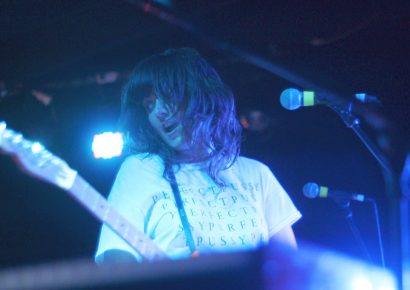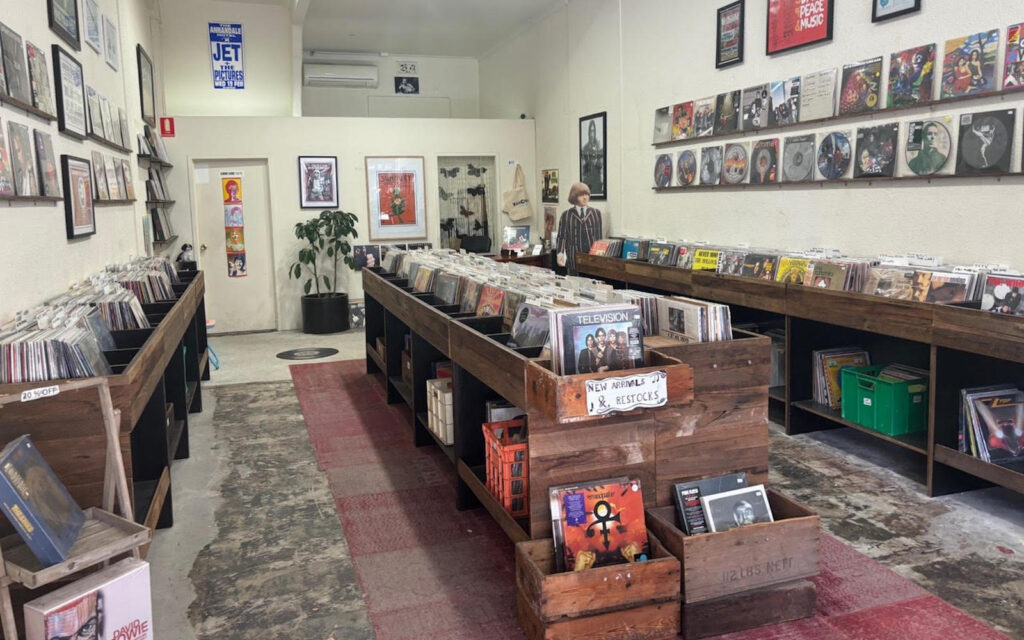A complex story for a complex ideology.
The advent of punk rock is a much-debated topic. Who was the Adam and Eve? Who was the Baptist who christened this ferocious specimen? Navigate it with a fine-tooth comb and you’re still at the start line. It’s a difficult exercise because the entity of punk is intricate. Punk, in itself, is a word that drapes fashion, ideology, visual art, film and literature before we arrive at music, its most commonly referred adjunct.
The etymology of punk, as a word, can be traced back to William Shakespeare. It was 1623 where the master linguist alluded to an elegant prostitute as a “taffety punk” in his play, All’s Well That Ends Well. Now a frequently relied idiom, the title became the manger for a beast, an utterance of brutal deprecation enunciated with such rigidity that conservatives could only squirm. Subjectivity siphons punk to whatever one prefers but some even take the term as a compliment. It’s also a wand of political rebellion, a reason to go out at night and a stimulus for one’s next fashion turn.
By the start of the 1900s, punk had evolved into a label for a young delinquent and could be interchanged to describe “something worthless”. The word was being thrown around willy nilly, like many self-made Oxford variations of today. When we say “yas” or “bae”, 20th century leftists were saying “punk”.
The 1960s was arguably music’s most accelerated era, establishing many of the influential sub-genres we see today. Psychedelic rock, blues rock, Motown, garage and surf rock were all born or incited during this period.
The world had already been engulfed by a creative rash and it was only a matter of time before this powerful word, punk, shifted the music process.
This is where things get complicated. Credible forefathers flail their arms — Iggy Pop doesn’t deviate from his king standing, but then there’s the Sonics or the Seeds who plea their institution, despite their garage rock leanings. And you can’t ostracise the Sex Pistols or the Ramones from the conversation, two bands crucial in catapulting the genre.
If we put it more simply — who was the first band to enact pure punk rock as a form of music? — then it’s difficult to look beyond the Stooges and their unruly frontman, James Osterberg Jr.
It’s without naivety that this is observed. Not only was the music of the Stooges virginally riotous, but the attitudes were also secular and lawless. It was their unflinching neglect of traditionalism that compelled fans and crowd-members to champion the already-invented philosophy.
When the Psychedelic Stooges, as they were formerly known, bashed and crashed through Detroit’s Grande Ballroom in 1968, punters adapted their get up and hairstyle to mirror the mood. Pop had his shirt off and crowd-members wore chains, leather jackets and ripped jeans, wanting to be active participants over passive listeners.
With the infusion of drums and guitars in the ‘60s, punk was becoming a more elaborate entity. With music as its carrier, punk became a political insurgent. From Dead Kennedys declaring California Governor Jerry Brown as a fascist pig with their first single to Fugazi roaring through a protest concert in front of the White House, musicians were using punk’s brazen melodicism as a vehicle to air their grievances and enforce change.
Passing through the ‘70s, where the Sex Pistols and the Ramones had the run of the land, the ‘80s where thorny variations such as hardcore, street and anarcho-punk rose to the fore, by the ‘90s, punk was a stranger to its original self.
Creatives had clambered onto the genre and vowed to never let go. Pop punk was a thing while new wave, post-punk and noise rock were products of artists’ unrestrained imaginations.
By this stage, punk had never truly punctured the mainstream, however, the likes of Green Day, Blink-182 and Linkin Park booted it onto the radio and up the charts.
Then there was Washington State’s grungers Nirvana who followed their $500 budget debut Bleach, with the epitome of commercial success, 1991’s Nevermind. Certified Diamond by the Recording Industry Association of America, the ‘Smells Like Teen Spirit’ led album has since sold more than 30 million copies worldwide. Late Nirvana frontman, Kurt Cobain, cited the Stooges as one of his biggest influences.
Standing tall five decades on, punk continues to inspire new imaginations. Consorting with the rise of hip hop in the 21st century, the philosophy has found another dimension through grime. Stemming from UK garage and jungle predecessors, the genre has risen from the London streets to become a worldwide phenomenon. It’s angry, opiniated and unflinching, echoing the punk ideology via a more clean-cut, polished physique.
Dizzee Rascal, Stormzy, Skepta, Wiley, among others, have forged the new punk ideal, and Australians are catching on. Local artists Fraksha, Nerve & Wombat, Diem and Alex Jones are Australia’s first generation of grimers.
Outside of that, punk remains just as influential in its organic form. Melbourne’s billowing underground continues to foster unbridled opinion with the likes of Private Function, Amyl and The Sniffers and Pagan powerful voices on the local scene.
It seems there will always be a division between the left and right. Opinion will never blanket an entire population and as long as there is separation, there is a place for punk. Iggy Pop mightn’t be satisfied with how far punk rock has shifted from its natural form, but he would never sneer at adventurousness. The punk ideology embodies individuality and courage and as musicians continue to push the boundaries of the genre, it’s by the whim of punk that liberation can’t be opposed.







